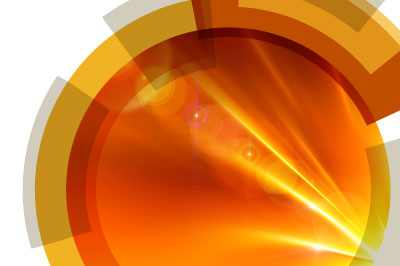This course has been approved by the Royal Society of Chemistry for CPD. The first part of the course focuses on the added functionalities of PTVs over standard hot inlets as a truly multi-mode inlet. Time will be spent looking at the theory and advantages of cold split and cold splitless injections and the uses for cold-trapping, high final inlet temperatures, large volume injections and additional techniques like thermal desorption and extraction. The course will cover creating, using and optimising cold injection methods to analyse thermally labile and high molecular weight samples and looking at other PTV techniques.
The second part of the course looks at the theory and advantages behind the different large volume injection techniques along with how to create, use and optimise LVI methods, covering rapid (at once), speed-controlled and multiple large volume injection (LVI) techniques.
This course will enable you to learn about some advanced and powerful GC techniques which could be very useful for your analysis. Delegates should have good knowledge of GC or GC-MS or have attended the Practical Essentials of GC & GC-MS or the Hands-on GC & GC-MS courses.
The second part of the course looks at the theory and advantages behind the different large volume injection techniques along with how to create, use and optimise LVI methods, covering rapid (at once), speed-controlled and multiple large volume injection (LVI) techniques.
This course will enable you to learn about some advanced and powerful GC techniques which could be very useful for your analysis. Delegates should have good knowledge of GC or GC-MS or have attended the Practical Essentials of GC & GC-MS or the Hands-on GC & GC-MS courses.










